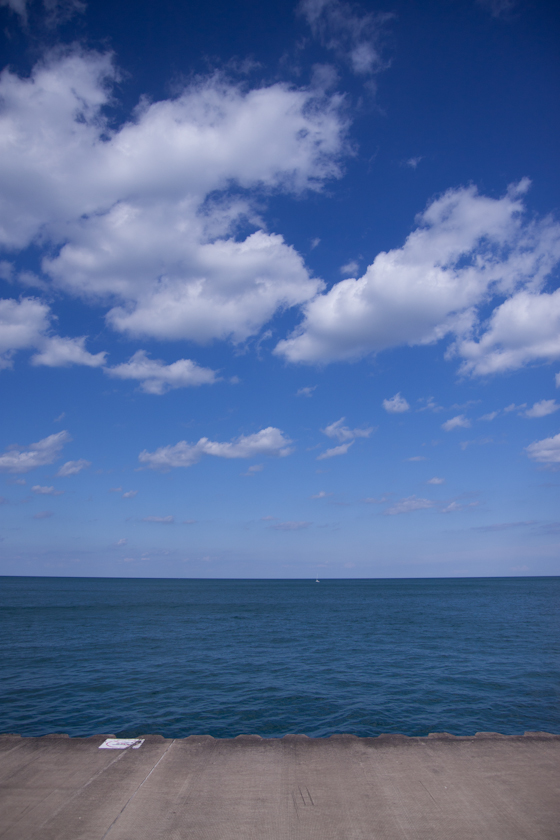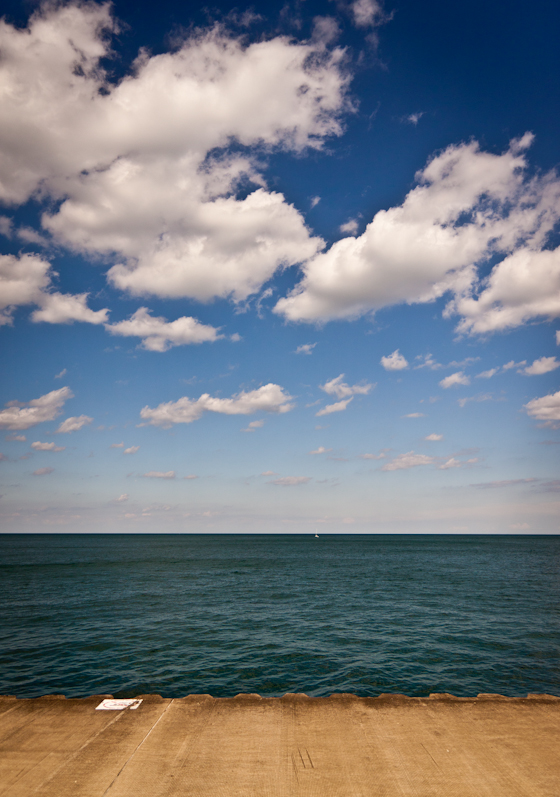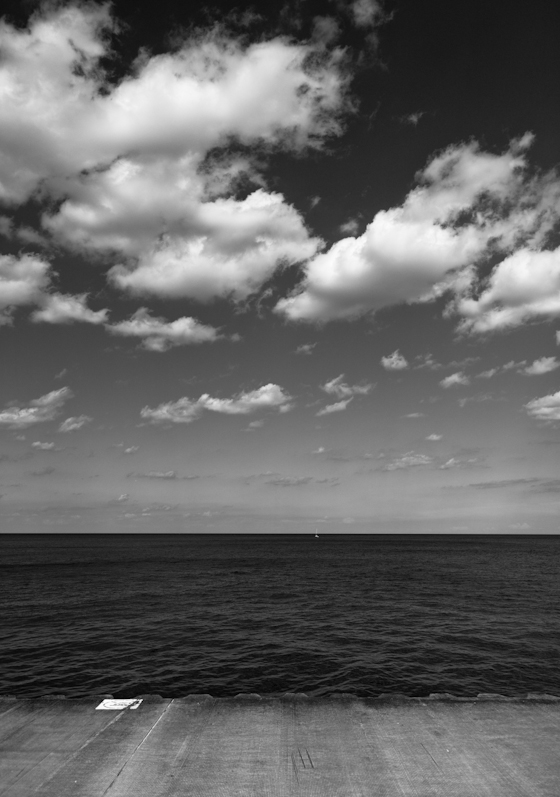Filters
 Friday, August 12, 2011 at 07:52PM
Friday, August 12, 2011 at 07:52PM I love technology. I love what it's done to photography. I can get on my computer and view thousands of gorgeous shots at my leisure. I can explore the work of photographers I've never met. I can take a poorly composed, poorly lit, mundane shot of something and transform it into something beautiful.
Wait, what?
I'm not going to say that I dislike Hipstamatic, Camera+, or Instagram (or Photoshop, for that matter). In fact, I think they're great. They produce a ton of shots that would otherwise be really boring without the effects added to them. The only thing I dislike is that it's entirely too easy to use them as a crutch. Shots that took zero techinical proficiency, patience, or planning can turn out beautiful. To illustrate this point, I've included a picture of a boring shot:
 This image, for all intents and purposes, stinks. It's got terrible white balance, no subject, and it's just sort of...bland.
This image, for all intents and purposes, stinks. It's got terrible white balance, no subject, and it's just sort of...bland.
Now, with a little time in Lightroom, I can make it do this:
 Look at how much better that is! The clouds pop, the sea wall, lake, and sky are discernable, and it generally looks pretty okay. I could also make it black and white:
Look at how much better that is! The clouds pop, the sea wall, lake, and sky are discernable, and it generally looks pretty okay. I could also make it black and white:
 Now I don't know a thing about shooting in black and white, but this looks pretty artsy to me. I just had to add a preselected filter in Lightroom. The second picture took me about 10 minutes and a lot of careful evaluation. This one took me 10 seconds. One more example, and this time with a little more pizzazz:
Now I don't know a thing about shooting in black and white, but this looks pretty artsy to me. I just had to add a preselected filter in Lightroom. The second picture took me about 10 minutes and a lot of careful evaluation. This one took me 10 seconds. One more example, and this time with a little more pizzazz:
 Yellow highlights, blue shadows, heavy vignetting, and more contrast make this look a little vintage. This took me 30 seconds.
Yellow highlights, blue shadows, heavy vignetting, and more contrast make this look a little vintage. This took me 30 seconds.
So, what do you think? Is one inherently better or worse than the other? Is this the further democratization of art? Do I, as an untrained photographer really have any say in the matter? I certainly don't have the answers, but I think it's a worthwhile question to think about.
 Kevin Leckey
Kevin Leckey
Check out the comments - there have been questions raised about the progress of art and the way in which we define art and its relationship with techonology. Also, a little related reading.
Reader Comments (4)
Great post Kevin!
Democratization of the art form? Eh, to me this is not that important of a question. Time marches on. Technology marches on. Art does not take place in a static environment. It is dynamic. The artist must adapt to technological development. It is understandable that he might bemoan the development of a technology, as it infringes on his so-called artistry. But if a little system of chips and wires can easily replicate the artist's "art" with such ease, I think we must ask ourselves: "is this even art anymore?" It is in these occasions that the artist must seek out and discover something artful and new. He should not languish over expired times, when his skill had value. And, Kevin, if you continually find yourself resorting to such nostalgia, perhaps you are destined for extinction, at least as a photographer.
Cheers.
And thanks for getting the ball rolling on this interesting topic!
Some interesting insights...
I suppose it could be noted that with the rapid progression of technology, it's asinine to complain that any one specific advancement has made a major change in what art is. For example, the advance of digital cameras to filters is far less progression than has occurred over the last 50 years. It would be terribly difficult to make the claim that a shot from an old large-format camera from the early 20th century has more inherent artistic value than a shot from a DSLR simply because of the difficulty in using it. This is why I'm careful not to decry the use of filters, because just as they rely on algorithms and circuits to create a specific look, my camera uses someone else's work to make sure my shots are exposed properly.
I think, however, that our society still values effort and originality over mechanical reproduction. If this weren't the case, then original prints from Ansel Adams would be worth the same as any number of artists that can reproduce his work today. Society often has seemingly arbitrary assessments of what constitutes "art" and what doesn't; and while we don't see Hipstamatic prints lining the walls of fine art galleries, I'm sure it's only a matter of time before we do.
If anyone other than Josh and I find this interesting, here's an article from the NY Times regarding the work of Damon Winter, who received widespread praise (and awards) for his Hipstamatic photojournalism, and the ensuing debate:
http://lens.blogs.nytimes.com/2011/02/11/through-my-eye-not-hipstamatics/
Much appreciated, Josh!
I know I posted this on twitter, but since then I have run across another artist who blends photography and technology to tell better stories (and of course... make the pictures look a whole lot cooler.) I think with these artists, though, it's more about enhancing the story and telling it in a way that would not have been possible no matter the eye or skill with a camera the photographer might have. They have a vision and set up the scene in a way to capture in on film, and then use technology to let their imagination be fully realized.
Boy Wonder- http://www.flickr.com/photos/joel_r/
Nicholas Max- http://thisiscolossal.com/2011/06/nicholas-max/